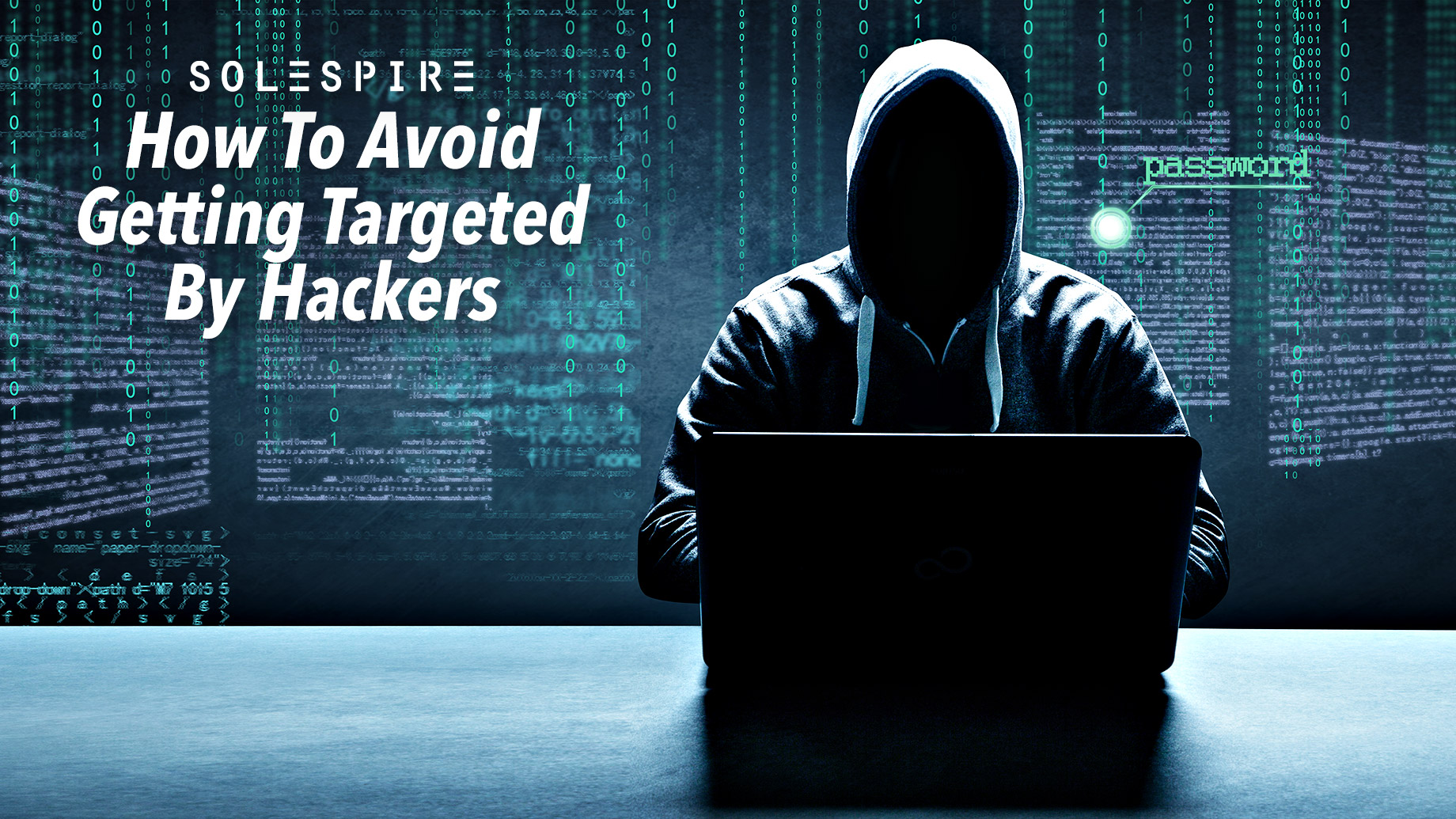
Ways to Stay Safe From Hackers
When you’re online, you’re never alone. Hackers are always lurking, waiting for the perfect opportunity to steal your data and ruin your life.
Being aware of the risks of being hacked so you may take preventative measures to avoid becoming a victim of a hacker attack is essential. Here are a few things to remember:
Use Different Passwords
In today’s digital age, data breaches are becoming all too common. The implications of a hacker obtaining access to your personal information or a firm losing track of your data can be disastrous.
That’s why it’s essential to protect your online accounts proactively. Using various passwords for separate accounts is a simple yet efficient method. That way, the rest of your accounts will remain safe even if one password is compromised.
Additionally, make sure to use a combination of letters, numbers, and symbols to create strong passwords.
Think Twice Before Posting Anything Online
You might have heard the phrase “the internet is forever.” But did you know that it’s also a giant database of information about everyone who uses it?
The internet is so big and so powerful that it can be used to do almost anything, including stealing your identity, hacking your data, or even ruining your life.
We must take precautions when using the internet because anyone can track us down and use our personal information against us. That’s why we need to think twice before posting anything online—you never know when someone might be watching!
Use Up-To-Date Security Patches
Computers that aren’t up to date with the newest security updates are essentially worthless.
It’s vulnerable to hackers. One cannot imagine a more terrible scenario than that.
Maintaining the latest security patches on your devices is the best way to prevent getting hacked (especially laptops and desktops). This is because old software is much easier to attack, and hackers may use these vulnerabilities to access sensitive data or create havoc in a system.
That’s why it’s crucial to keep your software up to date and to perform security reviews to identify any potential security risks regularly.
So if you’re running an outdated software version, you’re inviting hackers to target you. Security patches may not be the most exciting thing in the world. Still, they’re an essential line of defense against cybercrime.
Avoid Using Public Wi-Fi
Public Wi-Fi is excellent—it’s cheap, it’s available everywhere, and it’s convenient! But unfortunately, it’s also a great way to get targeted by hackers.
Hackers can use public Wi-Fi to steal your personal information and infect your phone with malware. They can even use public Wi-Fi to monitor your online activity, targeting you for phishing attacks or other scams.
To keep oneself safe from such attacks, make sure that the public Wi-Fi you use is secure—look for an “HTTPS” at the beginning of the URL or an “s” after “HTTP” in the URL bar. If you’re on a browser like Chrome or Firefox, check for a lock icon next to the website address in your browser bar. If there is no lock or no HTTPS or s characters in the URL (or if there’s just one s), stay away from that network!
Always Use Two-Factor Authentication Whenever Possible
If you’re not using two-factor authentication, you’re asking hackers to steal your account.
Two-factor authentication is a simple process that requires users to confirm their identity with an additional piece of information when logging in. You might have seen it on social media or banking websites, where you must enter a code texted to your phone before logging in. This extra step helps prevent unauthorized people from accessing an account and changing the password.
Avoid Opening Suspicious Links or Downloading Files From People You Don’t Know
If you’re a victim of a phishing attack, you’re probably wondering why you didn’t see it coming.
Well, the truth is that even the savviest of tech users can fall prey to this attack—and it’s often because they don’t know what they’re looking for.
Phishing attacks are designed to look like something they aren’t. They’re crafted to be innocent and enticing, so when you click on them or download their files, you don’t realize how dangerous they are until it’s too late.
But if you know what to look for—and how to avoid being targeted by hackers—you’ll be able to avoid getting phished and keep your data safe.
The Takeaway
To avoid getting hacked, you need to look at the big picture. How can you hope to protect yourself from threats if you can’t see the whole thing? But unfortunately, hackers are like wolves: they’re good at hiding in plain sight and using camouflage to get close enough to their prey that it’s too late for them to run away.
But there’s a way out of this situation! You can learn how to identify a wolf before it makes its move and stop the attack before it even starts. But keep in mind that if everything else fails, you may always flee or call the authorities for assistance. Are you interested in keeping your data safe? If so, check out the rest of our articles now!
